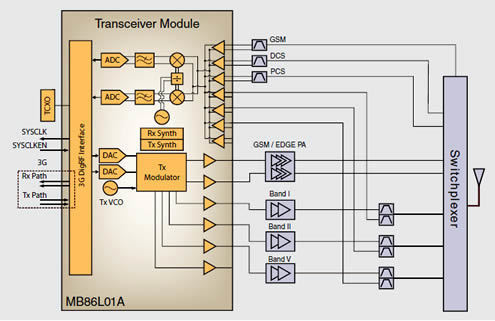all “modern” baseband processors (MTK, Qualcomm etc) have ROM bootloaders which perform cryptographic verification of downloaded fw images, and will not boot any image that has not been signed by the secret key corresponding to the public key whose hash is burned into OTP (one-time programmable) fuses right in the modem chip silicon! The FSF term for this freedom-robbing feature is tivoization.
http://lists.openmoko.org/pipermail/community/2014-January/069211.html
#gta-02 #gta-04 #openmoko #tivoization #mtk #qualcomm #bootloader #fw #firmware #gsm #3g #lte #ept #fsf #freedom

The second operating system hiding in every mobile phone
I’ve always known this, and I’m sure most of you do too, but we never really talk about it. Every smartphone or other device with mobile communications capability (e.g. 3G or LTE) actually runs not one, but two operating systems. Aside from the operating system that we as end-users see (Android, iOS, PalmOS), it also runs a small operating system that manages everything related to radio
http://www.osnews.com/story/27416/The_second_operating_system_hiding_in_every_mobile_phone
#surveillance #mobile #operating-systems #android #ios #palmos #3g #gsm #lte #technologies #radio #smartphones #device #communications #privacy #freedom
What I would like to see and have - a #Raspberry-Pi device with screen, wifi adapter and 3d printed case. That would be a nice and cheap platform for development of free mobile technologies. As a start point, we may port there #mer, (#meego) #nemomobile, #shr, #qtmoko.
And not having a #gsm module may be advantageous - we may start to communicate with each other more via #jabber #xmpp by using encription and our own servers, whether by doing voice and video calls via #internet or by writing chat messages and emails instead of expensive and overpriced sms messages.
After all, we do not need #carriers, we need just #wireless #internet providers who provide the connection anonymously. In this case even gsm, #lte, or #3g could be used.